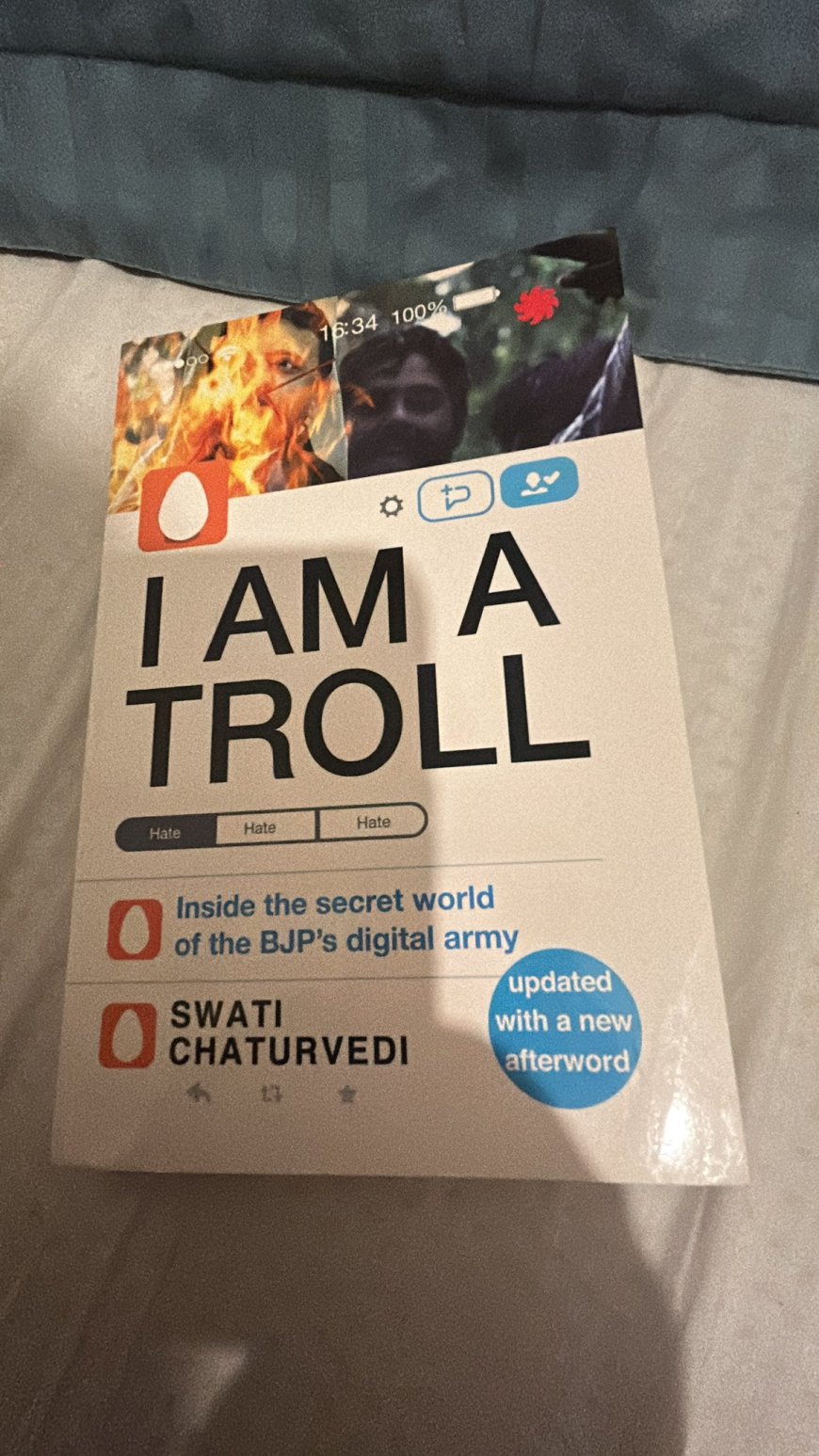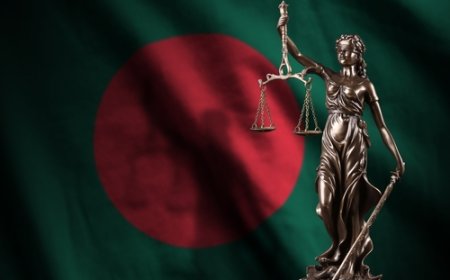3 Questions the World Should Ask India
As India embarks on an ambitious global propaganda tour, the international community should use the occasion to ask some tough questions of its own

I write this as someone who used to deeply love India as the epicentre of civilization, and yet now has come to despise India over last 10 years because of how it projects itself.
India obviously cares greatly as to how it is perceived, proven by @narendramodi dispatching India diplomats across the world in an urgent bid to rehabilitate India image following the international silence over “Operation Sindoor."
I think governments around the world would do well to ask India some basic, principled questions.
1. Where is the evidence?
What material intelligence does the Indian government possess to substantiate its claim that the Pakistani state was involved in the brutal Pahalgam attack? Attribution in such cases must meet the highest standards -- particularly when invoked to justify lethal cross-border action. Assertions without corroboration risk normalizing impunity in a volatile nuclear region.
2. Will India dismantle its state-adjacent disinformation networks?
BJP’s infamous disinformation apparatus, including coordinated troll farms and paid for social media trolls is notorious for its systematic spread of disinformation, both domestically and abroad.
Bangladeshis recently endured the brunt of this apparatus with a disgraceful campaign of BJP-authored disinformation after Hasina was ousted. The entire world saw it in full action since the Pahalgam massacre.
These networks frequently employ language steeped in misogyny, racism, xenophobic, Islamaphobic and sectarian hate. X and other social media platforms have been polluted by these Indian disinformation trolls (we all know who they are), and it’s their rhetoric and behaviour that has destroyed India’s reputation globally.
It is a terrible, awful projection of what India stands for, and ruinous for India’s foreign relations and gloabl reputation.
If India seeks global support, it must first demonstrate accountability -- by dismantling these operations and prosecuting offenders under Indian law.
3. Is India still committed to its secular constitutional order?
The silence of the Indian state in the face of rising physical and psychological attacks on Muslims, Christians, Sikhs, and Dalits cannot be dismissed as political oversight. It reflects a pattern. Anti-conversion laws, vigilante violence, mass incarcerations under counterterrorism statutes, and the normalization of hate speech against minorities have raised legitimate fears that India’s secular foundation is being eroded from within.
Democracies must be judged not by their rhetoric abroad, but by the rights they uphold and partnerships with India cannot come at the cost of silence on persecution, propaganda, or impunity.
What's Your Reaction?












































































